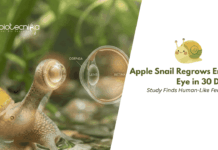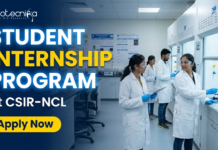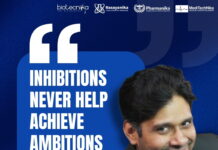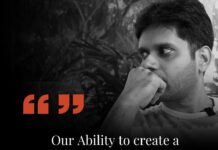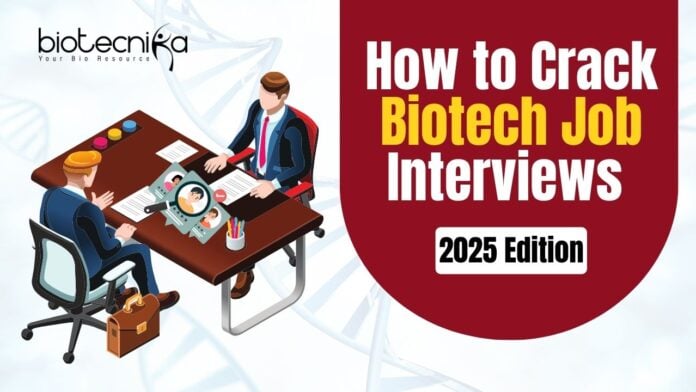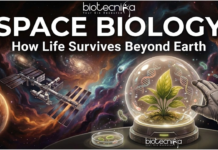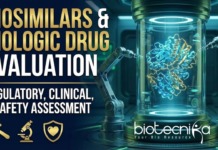How to Crack Biotech Job Interviews
Sarah, a Biotechnology graduate, walks in for her first corporate Biotech job interview. She is nervous yet confident about her skills, job position, as well as the company. She clutches her resume filled with her skills, knowledge, Research, dreams, and achievements. Across the interview table sits a panel of Scientists, Business Analysts, Entrepreneurs, Digital Strategists, and Innovators.
As the interview proceeded, she realized that the questions were about more than technical knowledge: they were also about ethics, vision, adaptability, and soft skills.
It wasn’t just a corporate interview; it was her gateway to shaping her future, her Life, as well as the world.
In 2025, cracking a Biotechnology interview means that one should speak like an Innovator, evolve like the Industry, and think like a Scientist. This article is your path towards your transformation.
Biotechnology was once a niche Life Science sector, but now it is a billion-dollar global industry. It stands at the crossroads of futuristic innovation, fueled by discoveries in Personalized Medicine, AI-powered Drug Discovery, Sustainable Biomanufacturing, and Synthetic Biology. Since these advancements are reshaping the Life Science sector, there is a rise in demand for skilled Biotechnology professionals, yet there is competition for jobs. Biotechnology interviews have evolved beyond simple evaluations into important gateways for launching future-ready and dynamic careers.
Whether you are a Biotechnology graduate or an experienced Biotechnology professional, this article will showcase the strategies to excel in Biotech job interviews. Let’s explore the essential steps to help you succeed and stand out in your Biotechnology interview.
1. The Biotechnology Ecosystem
An aspiring biotechnology professional should invest time in understanding and gaining knowledge of what drives the biotechnology industry, its trends, recent developments, and future biotechnology analytics.
- Green Biotech and Sustainability
Our Environmental responsibility shapes Biotechnology’s future. Top companies focus on Biofuels, Eco-friendly manufacturing processes, and Green Chemistry. Innovations, including CRISPR-edited crops engineered for climate resilience and higher yields, as well as Microbial Bioplastics for plastic waste reduction, are some notable examples of this commitment. Showcasing knowledge with such futuristic Technologies highlights your awareness and understanding of Biotechnology’s evolving Sustainability goals and trends.
- AI and Computational Biology
AI (Artificial Intelligence) and ML (Machine Learning) are becoming indispensable tools in the modern Biotechnology era. Leading companies utilize these advanced technologies to analyze Genomic Data, optimize Experimental Workflows, and accelerate Drug Discovery. A strong foundational knowledge and understanding of Computational Biology and Bioinformatics, along with coding skills in C, R, or Python, will give you an added advantage in the interview.
- Entrepreneurial Mindset and Innovation Centers
Biotechnology innovation thrives in global hotspots like Bengaluru, Berlin, and Boston, where Venture Capital (VC) and Biotechnology Startups fuel rapid growth in this growing sector. Showcasing adaptability, an Entrepreneurial mindset, and agility can make you a credible candidate who is confident in your contribution to the development of Biotechnology.
- Remote and Hybrid Workflows
Remote partnerships, Cloud-based Data Management, and virtual laboratories are becoming standard practices. Knowledge of Digital Tools such as LIMS (Laboratory Information Management Systems), which optimize data organization and sample tracking, as well as ELNs (Electronic Laboratory Notebooks), which streamline data recording, can reflect your understanding of modern laboratory workflows. Proficiency in collaboration platforms like Notion, Asana, or Slack can further showcase your digital fluency in this contemporary world.
You should regularly glance at Industry publications like GEN and Nature Biotechnology, as well as leading company blogs and websites. You should stay informed about recent innovations and funding developments to have an edge during interviews.
2. The Resume
The resume is a professional Marketing tool, and it should be created carefully to reflect the demands of the industry. Leading Biotechnology recruiters seek precision and skills that match the exact Job needs. You should showcase to them that you’re not only qualified but also the right fit for their job and vision of the Company.
- Customized Resume for Each Job: Use the accurate keywords from Job Descriptions (JD) to ensure your resume resonates with recruiters and passes through automated screening systems such as ATS (Applicant Tracking System).
- Include Courses and Certifications: Include your list of certifications and courses in areas such as AI in Biology, Clinical Research, or Synthetic Biology.
- Highlight Hands-On Experience: Highlight relevant laboratory techniques like CRISPR (Clustered regularly interspaced short palindromic repeats), Data Analytics, Bioinformatics workflows, or qPCR (Quantitative Polymerase Chain Reaction).
- Simplify Jargon: Be prepared to explain the Technical terms clearly, as interview panels could also include non-specialists, such as HR personnel.
- Add Digital Footprints: Where applicable, include the links to your Research publications, Digital Portfolio, or GitHub.
3. Prepare For Technical and Behavioral Interview Rounds
Biotechnology job interviews are now designed to assess your qualifications as well as how you adapt, collaborate, and think in different work environments. Understanding the various rounds of Interviews in advance gives you the clarity to prepare with confidence and focus.
- Technical Preparation
-
- Revise the fundamental Subjects such as Cell Signaling, Molecular Biology, Biostatistics, Immunology, and Biochemistry.
- For Computational roles, coding tests in Python or R are standard.
- Expect scenario-based questions like data interpretation or designing Gene Editing experiments.
- Behavioral & Cultural Fit Preparation
-
- Utilize the STAR method (Situation, Task, Action, and Result) to structure your answers clearly and be insightful.
- Example of a STAR Response: In my previous project (the Situation), I optimized an experiment (the Task) with my teammates to troubleshoot the problems (the Action), which improved the project’s efficiency by 40% (the Result).
- Demonstrate your DEI (Diversity, Equity, and Inclusion) awareness about your role.
- Share examples that showcase leadership, resilience, and teamwork.
4. Interview Do’s and Don’ts
Cracking a Biotechnology job interview demands more than technical knowledge; it’s also about presenting yourself as a thoughtful, collaborative, and confident professional. Being mindful of crucial behaviors can make a good impression and set you apart. Here are some essential dos and don’ts that every Biotechnology job seeker (Fresher or Experienced) should remember.
- Do’s:
-
- Do thorough research about the company and customize your answers carefully.
- Explain Technical concepts simply and clearly.
- Highlight teamwork and adaptability.
- Ask relevant and insightful questions.
- Showcase curiosity and enthusiasm.
- Don’ts:
-
- Overstate your skills and knowledge. Be honest and humble.
- Speak negatively about previous roles and companies.
- Confuse interviewers or overuse jargon.
- Ignore Soft Skills’ importance.
- Give passive and short answers.
These are a few tips that will help you stand out as a well-rounded and confident Biotechnology professional.
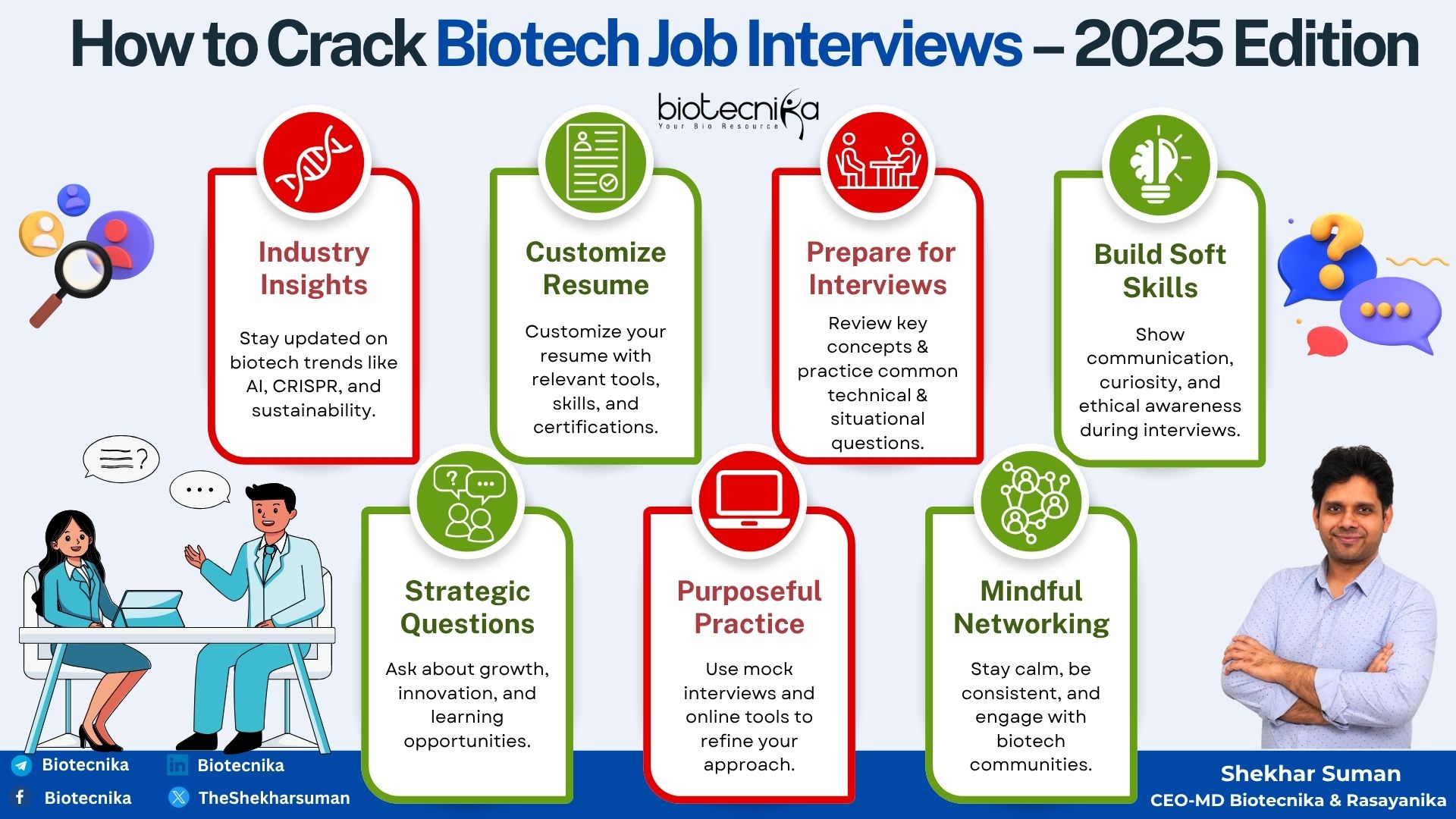
5. Showcase Soft Skills
In 2025, Emotional Intelligence (EI) and partnerships will be as valuable as the ability to analyze Gene Sequences. Research teams today are global and cross-functional, and possessing Soft Skills is essential to holding them together. Develop Soft Skills to stand out as a leader and not just a laboratory Scientist. As AI automates routine tasks, your uniquely human skills will become more valuable.
- Curiosity and Self-Driven Learning: Stay updated by enrolling in courses, reading Research papers, participating in webinars, as well as developing new skills and obtaining relevant certifications.
- Ethical Awareness: Knowledge of Regulatory Compliance and Ethical Standards, which are essential in Biotechnology roles today.
- Digital Fluency: Emphasize your confidence with Project Management Tools and digital collaboration.
- Interdisciplinary Thinking: Showcase how to integrate Biotechnology with Ethics, Business insights, or Data Science.
Employers seek Biotechnology professionals who communicate effectively and think holistically across diverse teams and departments.
6. Ask Insightful Questions
Asking the right and insightful questions at the end of an interview emphasizes that you’re genuinely invested in the job position and not just looking for any random job profile. It’s your right to evaluate the company as much as they evaluate you for the job. You should think beyond the typical question, What will be the salary for this job position? and dig into the company’s values, innovation, and vision.
When the interviewers invite questions, use this opportunity to show strategic thinking and enthusiasm. Consider asking questions like:
- What learning and development opportunities are available to the employees of this company?
- How does the company walk hand in hand with the emerging Biotechnology trends, especially in sustainability or AI?
- What does success look like for a professional in this job role within the first 3-6 months?
Such questions reflect your long-term vision and genuine interest in meaningful contribution to the company and the Biotechnology sector.
7. Practice with Purpose
As Biotech job interview formats evolve in 2025, preparation must go beyond conventional Q&A (question-and-answer) sessions. Engaging in mock interviews and familiarizing yourself with new formats, such as coding assessments or virtual simulations, will help you perform confidently and clearly.
- If you feel nervous, then slow down, pause thoughtfully, and then focus on clear communication and clarity in your answers and thoughts.
- Prepare for innovative interview formats such as coding challenges, Case Studies, as well as Virtual Reality laboratory simulations.
- Conduct mock interviews with mentors or peers; record yourself to refine your body language and tone.
8. Manage Your Mental Health and Network
Even the most qualified candidates can stumble in an interview if nervousness takes over. Mindfulness, confidence-boosting habits, and mental preparation can make a difference. Stay focused and grounded, and let your preparation do the talking. Interview preparation can be stressful. Remember to practice mindfulness, engage in physical activity, or take regular breaks to maintain mental composure and clarity.
Consider conducting informational interviews and networking as part of your preparation. The Biotechnology industry is quite relationship-driven, and building strong connections can provide valuable opportunities and insights.
Key Takeaways For Your Biotech Job Interviews
- Customize your resume with hands-on experience, certifications, and relevant keywords.
- Stay informed about Sustainability, Digital Biotechnology workflows, and AI shaping the Biotechnology industry.
- Prepare for the technical as well as behavioral interview rounds, including DEI discussions.
- Practice mock interviews and get comfortable with emerging interview technologies.
- Emphasize soft skills such as ethics, interdisciplinary thinking, and positive curiosity.
- Prioritize your mental health and leverage networking for insights and opportunities.
- Approach interviews as two-way conversations focused on mutual fit.
Your Interview Is Not A Test, It’s A Dialogue
Today, Biotechnology employers seek innovators, collaborators, and future leaders. Approach your Biotech job interview as a conversation to explore how your vision and values align with the company’s mission.
Keep your curiosity alive, prepare to tell your Scientific story compellingly, and stay humble. Your technical skills will open doors, but your communication and passion will make the difference.
As you walk into the interview room (or a virtual interview call), remember that you’re not there to prove that you are perfect. You are there to prove that you are passionate, ready to grow, and prepared. The future of Biotechnology needs bold thinkers, communicators who can bridge science with society, as well as agile learners.
So take a deep breath, channel your purpose, and remember that the Biotechnology industry is not just looking for another candidate to hire but is searching for a future leader—and that future leader and innovator could be you!
You have the tools. Now step in confidently and make your mark in the Biotechnology sector!




